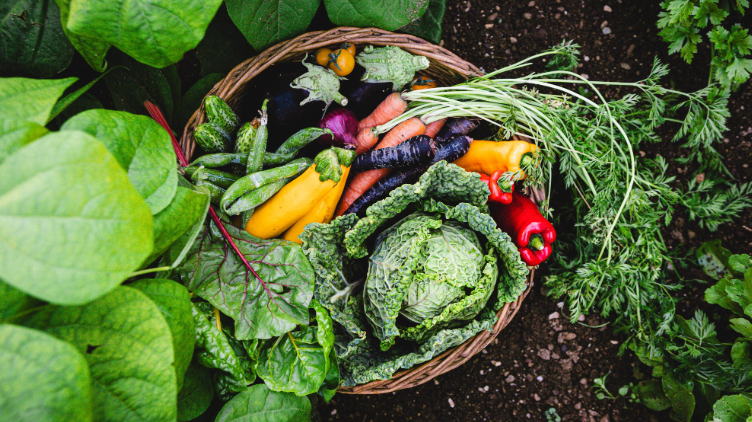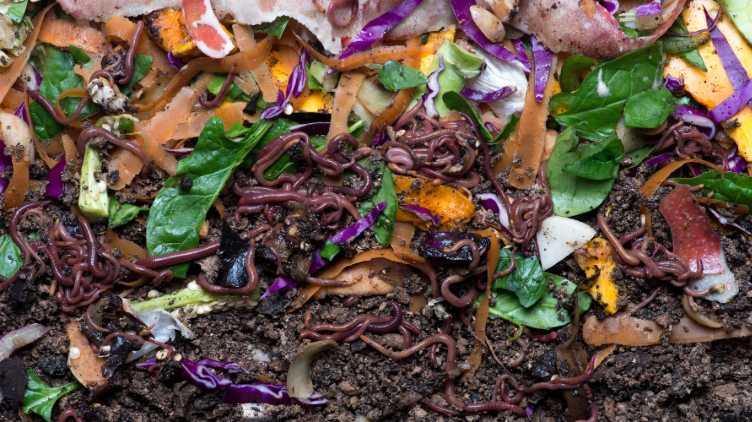
The Journey to Growing Organic
08 Sep, 2025
Start with the Soil
Healthy soil is the foundation of any successful organic garden. In just one teaspoon of nutrient-rich earth, you’ll find billions of beneficial bacteria, fungi, and microorganisms working in harmony to feed your plants, retain moisture, and ward off disease. Enrich your soil by adding organic matter such as Kings Compost and Kings Sheep Pellets, which will provide more food for your plants and the beneficial microbes beneath!
Worm Farm
Transform your kitchen scraps into black gold! Worm farms produce vermicast, a nutrient dense soil conditioner and liquid fertiliser that’s ideal for feeding fruits and veggies.
To use as a liquid feed, dilute the worm tea at a 1:10 ratio with water and apply it around the base of your plants. For a soil nutrient boost, gently fork the vermicast solids into your garden beds.
Fungal Friends:
Trichoderma Beneficial fungi like Trichoderma can do wonders for plant health. Found in products like Aquaticus Garden Booster, Trichoderma colonises root zones, enhances growth, and protects against root rot and other soil-borne diseases.
Thirsty Plants and Mulch
Keep your garden hydrated and protected with consistent watering and a layer of mulch. Mulch not only locks in the moisture, but also nurtures the microbial life in the soil. Make sure to maintain a gap of at least 7cm between the mulch and tree trunk to prevent moisture buildup and potential rot issues.
Pest Control, the Organic Way
A strong organic garden is your best defence against pests. Prevention goes a long way, and a few smart strategies will keep the bugs at bay without harming the environment. With the right care, your garden becomes a self-sustaining ecosystem that naturally resists infestations. As a protective measure, use bug netting over vulnerable crops and plant insect-attracting companions like borage, echinacea and hyssop. Consider sacrificial crops to lure pests away. Some organic sprays include Aquaticus Bugtrol and Grosafe Bioneem.
Compost
Fresh compost filled with beneficial microbes is another way to give your garden a boost. If you’ve got the space, place your compost bin directly on your garden beds, nature will do the rest!Small space? Try a bokashi bin under the sink. When combined with Bokashi Zing Compost, this method breaks down food waste quickly and produces a potent liquid fertiliser.
Weeding
Weeding might not be glamorous, but it’s essential for an organic garden. Frequent removal keeps competition down and your crops thriving. Using a Niwashi Grubber or Traditional Garden Tool can be helpful to remove unwanted weeds. For stubborn patches, opt for an organic solution like Nature's Way Weedkiller, which uses natural fatty acids to break down weeds safely. Gardening organically is about more than growing, it’s about nurturing. With a bit of care, knowledge, and nature-friendly tools, you’ll create a garden that’s as sustainable as it is satisfying
Kings Top Tip
Organic fertilisers don’t just feed your plants, they improve the entire soil ecosystem. Over time, this creates a self-sustaining garden that thrives with less intervention.
